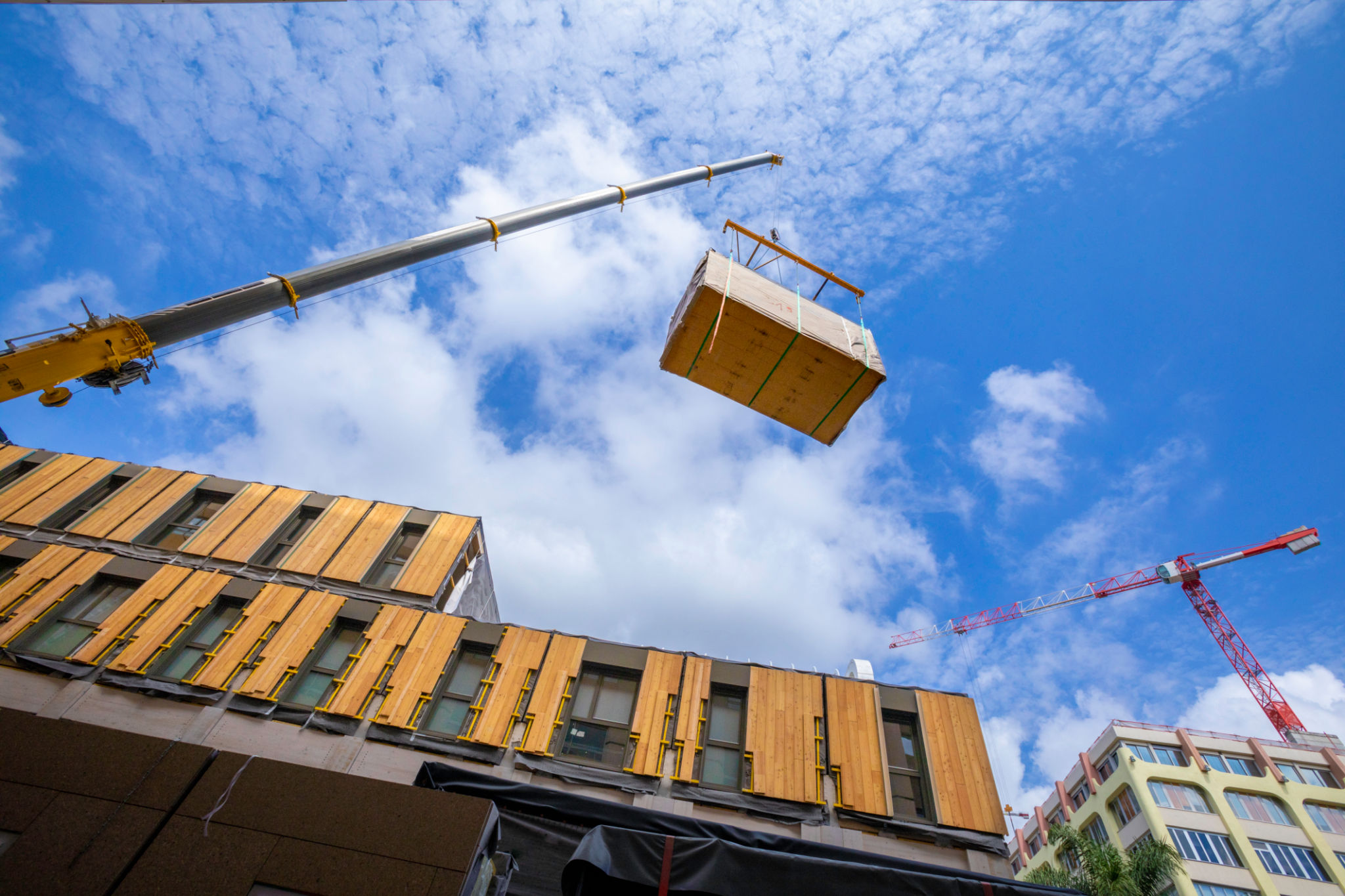Transforming Construction with Technology: The Role of Innovation in Heavy Equipment
The Rise of Technology in Construction
The construction industry, traditionally seen as labor-intensive and slow to evolve, is undergoing a significant transformation thanks to advancements in technology. Heavy equipment, a cornerstone of construction sites, is at the forefront of this innovation wave. As new technologies are integrated into machinery, they are enhancing efficiency, safety, and sustainability, changing the landscape of construction as we know it.

Automation and Robotics
One of the most notable advancements in heavy equipment technology is the integration of automation and robotics. These innovations are helping to streamline operations by reducing the need for human intervention in repetitive and potentially hazardous tasks. Automated machinery can perform tasks with precision and consistency, minimizing human error and improving overall project timelines.
Robots are increasingly being deployed for tasks such as bricklaying, demolition, and even road construction. This not only enhances productivity but also addresses the labor shortage challenges that many construction companies face. By leveraging robotics, companies can maintain a steady workflow and ensure that projects meet deadlines without compromising quality.
Smart Equipment and IoT
The Internet of Things (IoT) is playing a crucial role in transforming heavy equipment into smart machinery. By embedding sensors and connectivity solutions into equipment, companies can collect real-time data that provides insights into machinery performance and maintenance needs. This data-driven approach allows for predictive maintenance, reducing downtime and extending the lifespan of equipment.

Moreover, IoT-enabled equipment can communicate with each other, creating a connected ecosystem on the construction site. This connectivity facilitates better coordination among machines and enhances safety by ensuring that equipment operates within designated parameters. The result is a seamless integration of operations that boosts efficiency and reduces operational costs.
Sustainability Through Innovation
With growing concerns about environmental impact, the construction industry is focusing on sustainability. Innovations in heavy equipment are contributing to this goal by incorporating eco-friendly technologies. Electric and hybrid machinery are becoming more prevalent, significantly reducing carbon emissions compared to traditional diesel-powered equipment.
Furthermore, technology enables more efficient use of resources through advanced analytics and monitoring systems. By optimizing fuel consumption and minimizing waste, construction companies can achieve greener operations while still meeting project demands.

Enhanced Safety Measures
Safety is a paramount concern in construction, and technology is playing a vital role in enhancing safety standards. Advanced sensors and cameras are being integrated into heavy equipment to provide operators with better visibility and awareness of their surroundings. These innovations help in detecting potential hazards and preventing accidents on site.
Additionally, virtual reality (VR) training programs are being utilized to prepare workers for operating complex machinery in a controlled environment. By simulating real-world scenarios, VR training helps workers develop the necessary skills without the risk of injury, leading to a safer work environment.
The Future of Construction Equipment
As technology continues to advance, the potential for further innovation in heavy equipment is vast. From autonomous vehicles to advanced data analytics, the future promises even greater efficiencies and capabilities. Construction companies that embrace these technologies will not only stay competitive but also set new industry standards.
In conclusion, the integration of technology in heavy equipment is revolutionizing the construction industry. By enhancing efficiency, safety, and sustainability, these innovations are paving the way for a more advanced and responsible approach to construction. As we look to the future, the continued evolution of technology will undoubtedly shape the next generation of construction practices.